Are Surveillance Cameras Legal ?
Surveillance cameras are generally legal, but the laws regarding their use vary depending on the country and jurisdiction. In many places, it is legal to install surveillance cameras on private property, such as homes or businesses, as long as they are not used to invade someone's privacy. However, there may be restrictions on where the cameras can be placed and how they can be used.
In public places, such as streets or parks, the use of surveillance cameras is often regulated by law enforcement agencies or local governments. In some cases, there may be restrictions on the types of cameras that can be used, how long footage can be retained, and who has access to the footage.
Overall, it is important to research and understand the laws and regulations regarding surveillance cameras in your area before installing them.
1、 Legal framework for surveillance cameras
Legal framework for surveillance cameras
Surveillance cameras are legal in most countries, including the United States, as long as they are used in compliance with the law. The legal framework for surveillance cameras varies from country to country, but generally, there are laws that regulate the use of surveillance cameras in public places, workplaces, and private property.
In the United States, the use of surveillance cameras is regulated by federal and state laws. The Fourth Amendment of the U.S. Constitution protects citizens from unreasonable searches and seizures, which means that the use of surveillance cameras must be reasonable and not violate an individual's privacy rights. Additionally, some states have specific laws that regulate the use of surveillance cameras in public places and workplaces.
In the European Union, the use of surveillance cameras is regulated by the General Data Protection Regulation (GDPR). The GDPR requires that individuals be informed about the use of surveillance cameras and that their personal data be protected. The GDPR also requires that the use of surveillance cameras be necessary and proportionate to the purpose for which they are used.
In recent years, there has been a growing concern about the use of surveillance cameras and their impact on privacy rights. Some argue that the use of surveillance cameras can be intrusive and violate an individual's right to privacy. Others argue that surveillance cameras are necessary for public safety and crime prevention.
The latest point of view on the use of surveillance cameras is that they can be a useful tool for law enforcement and public safety, but their use must be balanced with privacy rights. As technology advances, there is a need for updated laws and regulations to ensure that the use of surveillance cameras is appropriate and does not violate an individual's privacy rights.
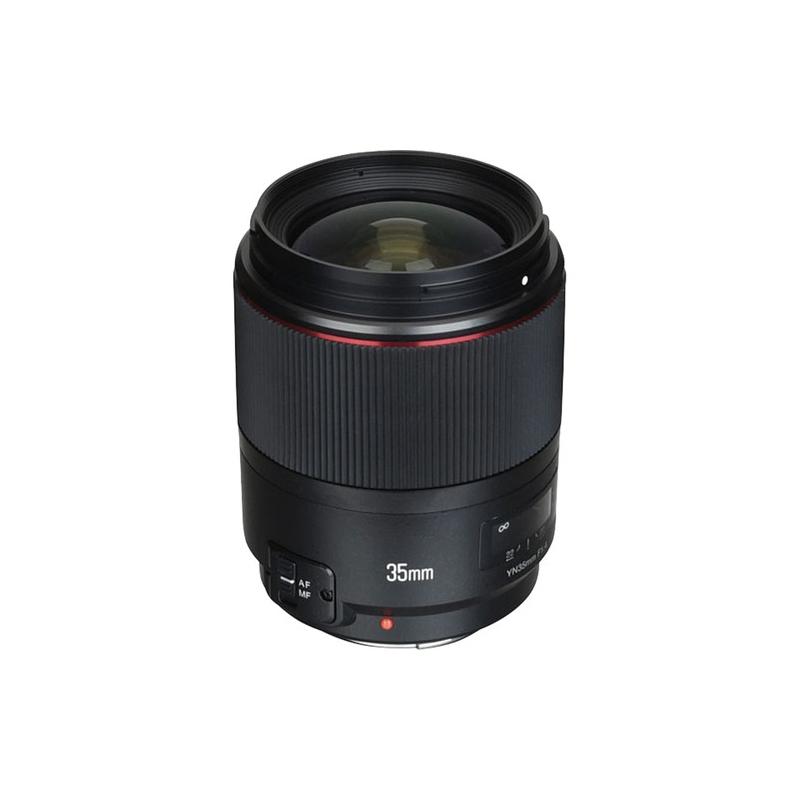
2、 Public vs. private surveillance
Public vs. private surveillance is a complex issue that raises questions about privacy, security, and legality. In general, surveillance cameras are legal, but the rules governing their use depend on whether they are installed in public or private spaces.
Public surveillance cameras are typically installed by government agencies or law enforcement to monitor public spaces such as streets, parks, and government buildings. The use of public surveillance cameras is generally legal, but there are limits to how they can be used. For example, they cannot be used to spy on people in their homes or to monitor private conversations.
Private surveillance cameras, on the other hand, are typically installed by individuals or businesses to monitor their own property. The use of private surveillance cameras is generally legal, but there are also limits to how they can be used. For example, they cannot be used to spy on employees or customers in private areas such as restrooms or changing rooms.
The latest point of view on public vs. private surveillance is that while surveillance cameras can be an effective tool for preventing crime and enhancing public safety, they must be used responsibly and with respect for individual privacy rights. In recent years, there has been growing concern about the use of facial recognition technology and other advanced surveillance tools that can be used to track individuals without their knowledge or consent. As a result, many cities and states have passed laws regulating the use of surveillance cameras and requiring transparency and accountability from those who use them.
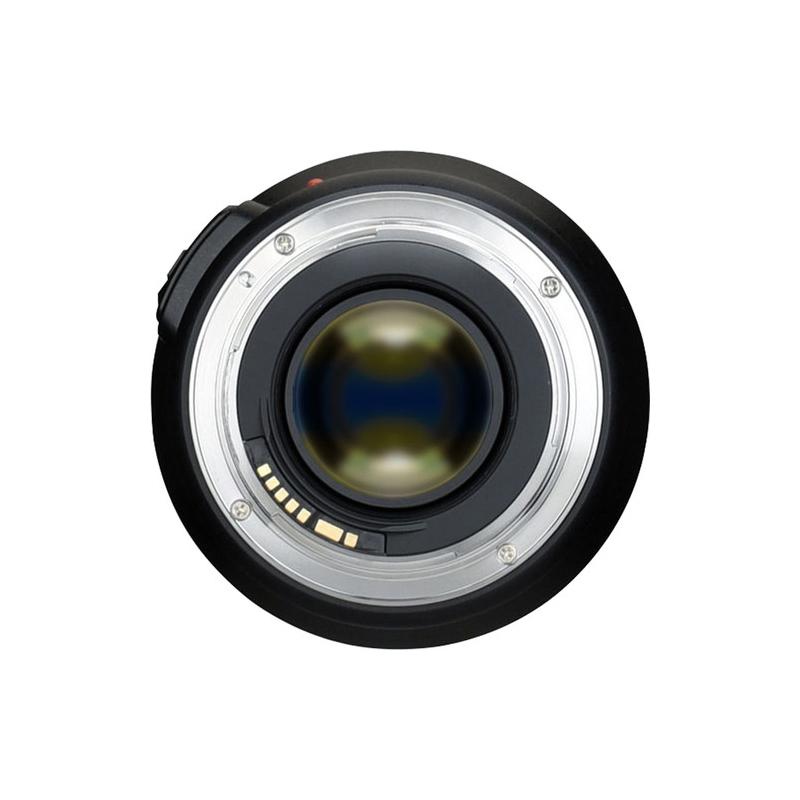
3、 Workplace surveillance laws
Workplace surveillance laws vary by country and state, but in general, employers are allowed to use surveillance cameras in the workplace as long as they follow certain guidelines. These guidelines typically include informing employees of the presence of cameras, limiting the use of cameras to areas where there is a legitimate business interest, and not using cameras to monitor employees in areas where they have a reasonable expectation of privacy, such as restrooms or changing rooms.
In the United States, the use of surveillance cameras in the workplace is generally legal, but employers must comply with federal and state laws that protect employee privacy. For example, the National Labor Relations Act prohibits employers from using surveillance cameras to monitor employees' union activities, and the Electronic Communications Privacy Act prohibits employers from intercepting employees' electronic communications without their consent.
In recent years, there has been growing concern about the use of surveillance cameras in the workplace, particularly in light of advances in technology that allow for more invasive forms of monitoring, such as facial recognition software. Some advocates have called for stronger privacy protections for employees, while others argue that surveillance cameras can help prevent theft and improve workplace safety.
Overall, the legality of surveillance cameras in the workplace depends on a variety of factors, including the specific laws in your jurisdiction and the specific circumstances of your workplace. If you have concerns about workplace surveillance, it is important to consult with an attorney who specializes in employment law.
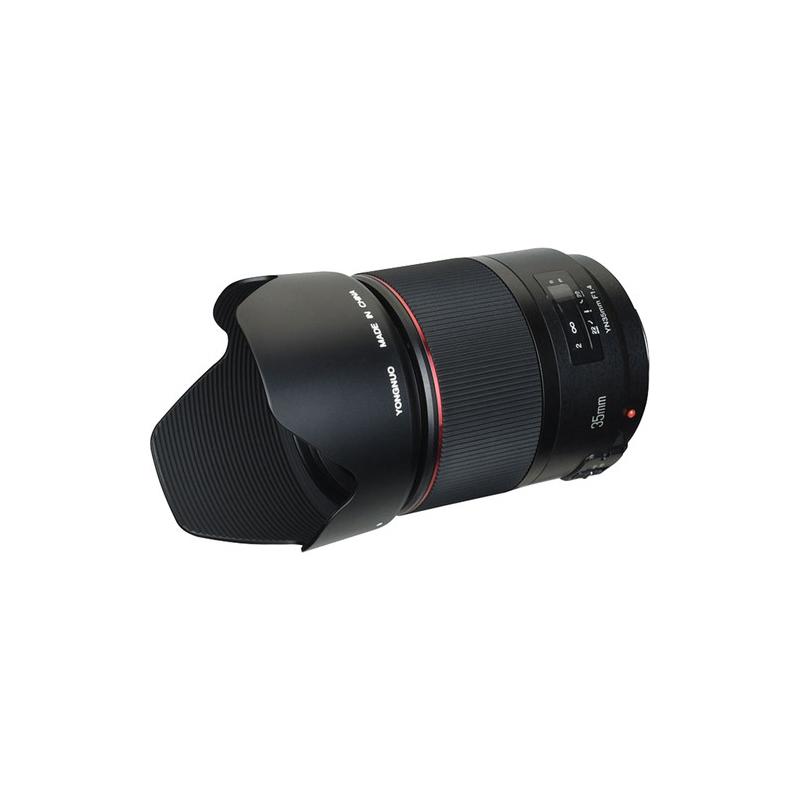
4、 Surveillance in residential areas
Are surveillance cameras legal in residential areas? The answer is not straightforward and may vary depending on the jurisdiction. In general, homeowners are allowed to install surveillance cameras on their property as long as they do not violate any privacy laws or regulations. However, there are some restrictions on where and how the cameras can be installed.
For example, it is generally legal to install cameras on the exterior of a home to monitor the front yard or driveway. However, it may be illegal to install cameras that capture footage of neighboring properties or public areas such as sidewalks or streets. Additionally, some states require homeowners to post signs indicating that surveillance cameras are in use.
The use of surveillance cameras in residential areas has become increasingly common in recent years, with many homeowners installing cameras for security purposes. However, there are concerns about the potential invasion of privacy and the misuse of footage captured by these cameras. Some jurisdictions have enacted laws to regulate the use of surveillance cameras in residential areas, while others have not.
In conclusion, the legality of surveillance cameras in residential areas depends on the specific laws and regulations in each jurisdiction. Homeowners should be aware of these laws and regulations before installing surveillance cameras on their property to avoid any legal issues. Additionally, it is important to use surveillance cameras responsibly and respect the privacy of others.
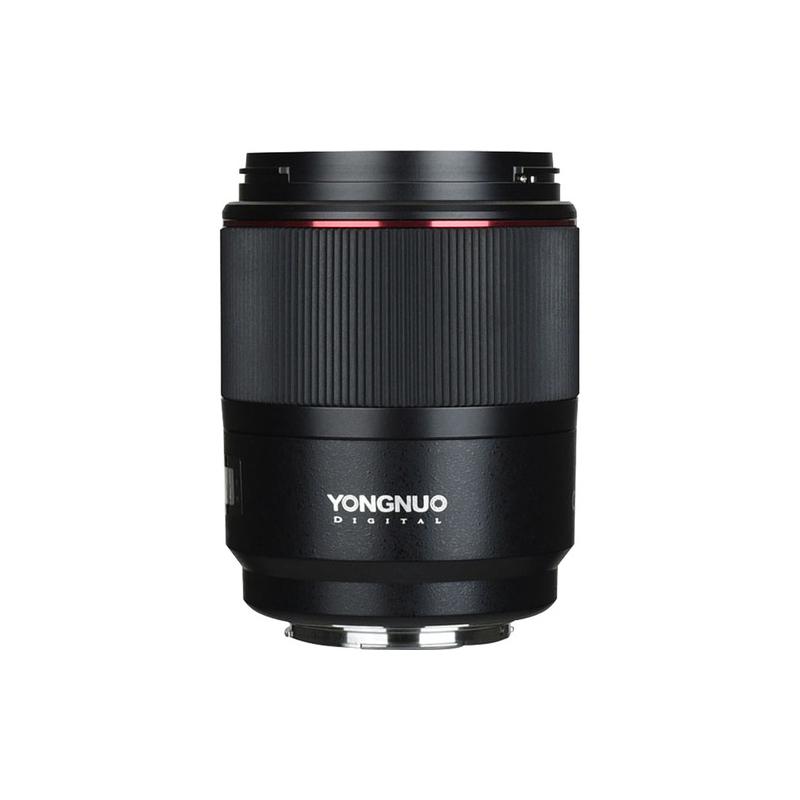

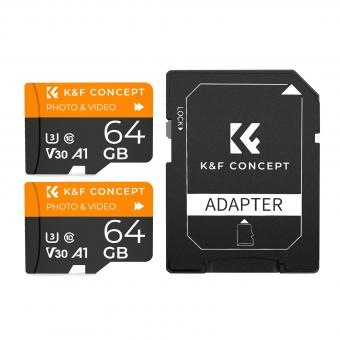

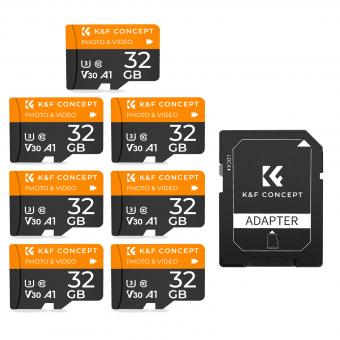


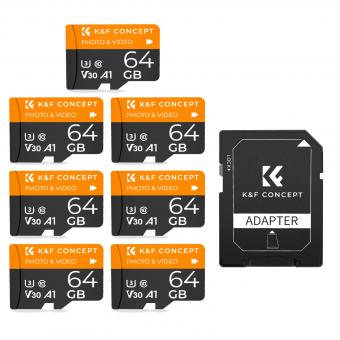
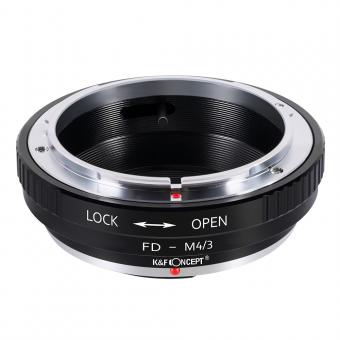
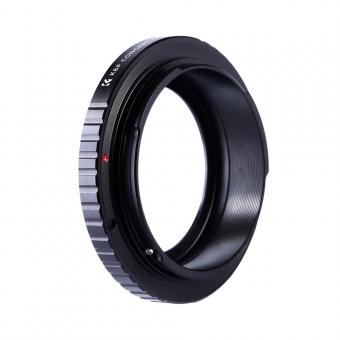
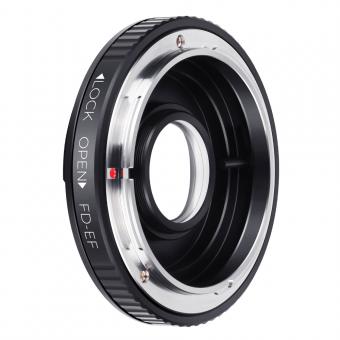
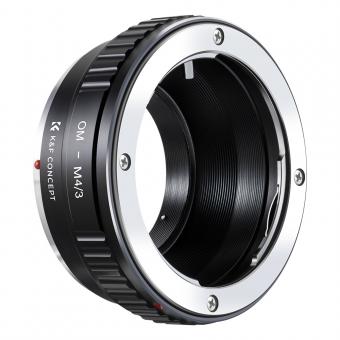



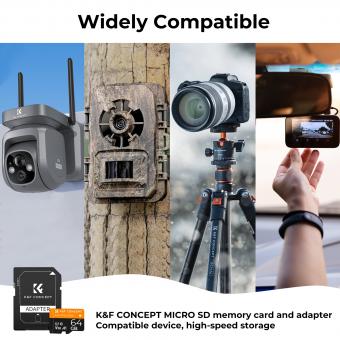
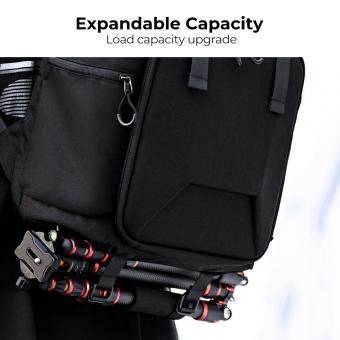





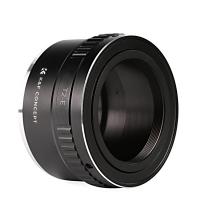

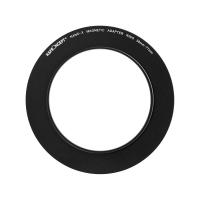

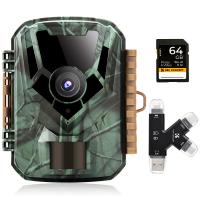






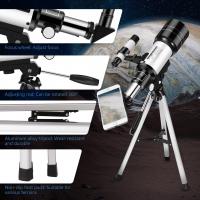

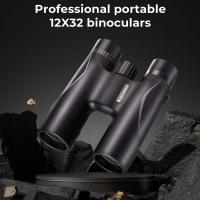
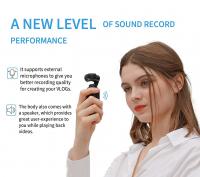
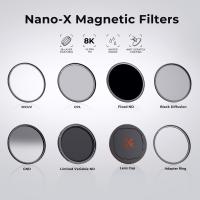


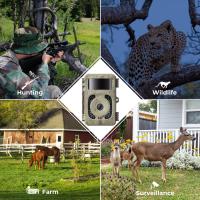
There are no comments for this blog.